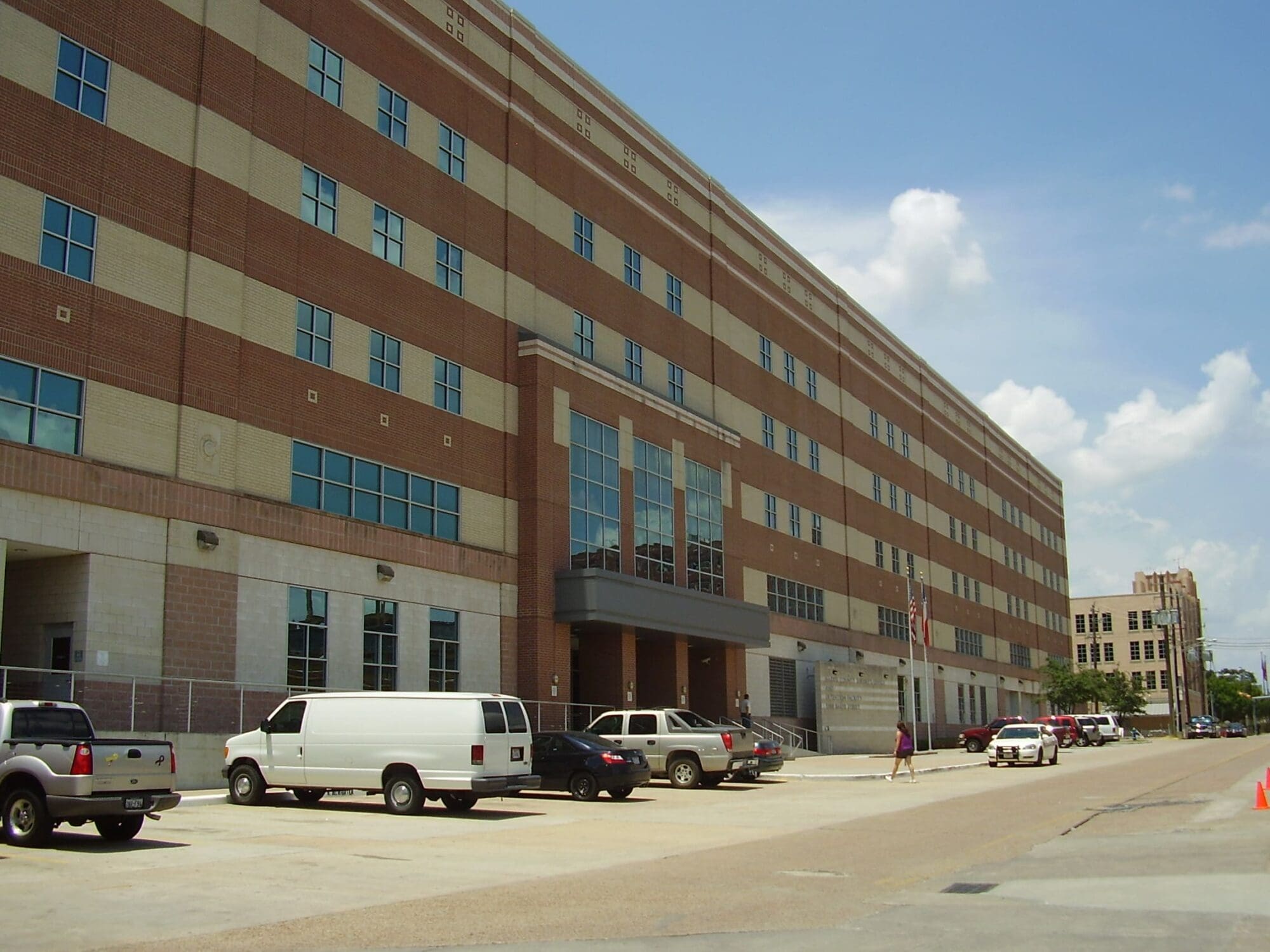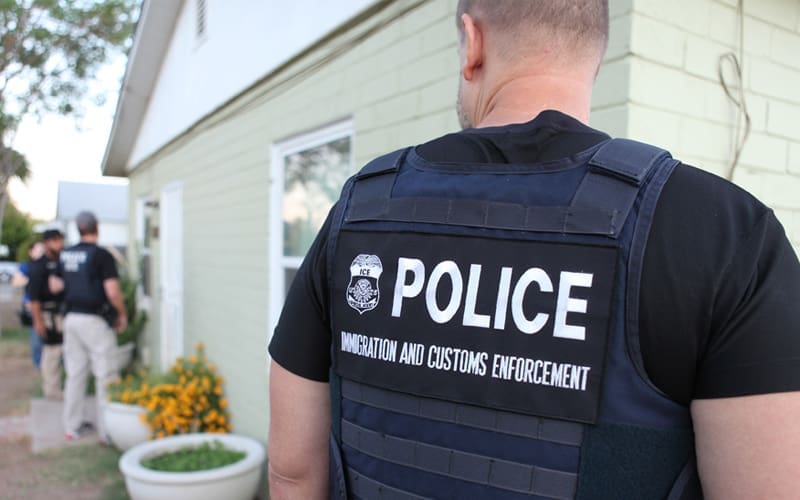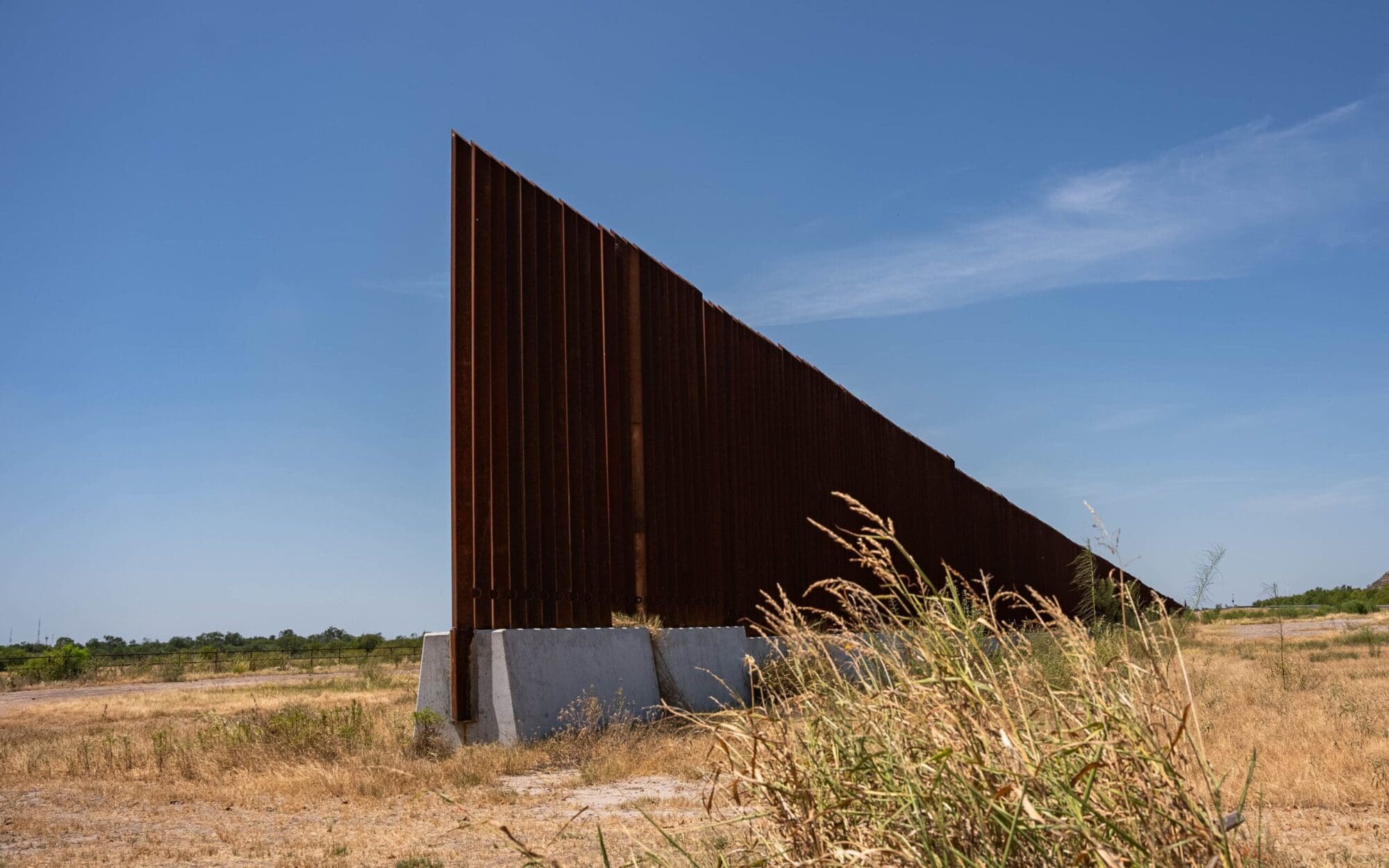In a recent press conference, Houston Police Department Chief Troy Finner announced revisions to how the city will collect body-worn camera footage during critical incidents where officers might not be able to or might forget to manually begin recording.
The city first deployed body-worn cameras in 2015, and in 2023, they captured nearly 2.7 million documented interactions with the public, according to Finner. In 2021, following a police-involved shooting, the policy was revised to release body-worn camera footage within 30 days for critical incidents. Since then, 83 videos have been released.
Two officer-involved shootings last December spurred the newest change in policy.
At the beginning of December, an officer was ambushed and shot multiple times before being able to return fire. In a late-December incident, officers responded to a robbery in progress, and an officer discharged his weapon. Both of these incidents happened before the officers involved were able to begin capturing video, leaving the order of events in dispute. Finner pointed to these as examples for the need for policy change.
“We expect all officers to activate their cameras before taking law enforcement actions, but there are times where it’s not possible,” he said. “Officers should not be more concerned about whether or not they capture an incident on a video than protecting themselves or the general public.”
In response, HPD activated a feature called “record after the fact” that allows the department to access video on body-worn cameras if an officer is unable or fails to activate their camera. Essentially the camera will be constantly recording, but only footage of incidents and immediately following incidents will be used. For now, any request for “record after the fact” footage would have to be approved by the Chief.
Finner said they are still working on refining the policy because of officers’ anxiety surrounding constant recording during private moments like using the restroom or downtime banter. State law prohibits recording of officers 24/7 or the entire time while they’re on duty, “especially when they’re not taking a police action,” Finner said. So the constant recording isn’t meant to review every action by the police officer, only when an incident occurs.
“There are still probably going to be incidents that we don’t capture, but introducing record after the fact will increase the likelihood that we capture what we need,” he added.
Finner said that the option had always been available, however the previous administration decided against using it. “We are more transparent than any administration that I remember,” he said.
The change comes at no additional cost to the city, according to the chief, and has been in place for a few weeks. HPD is finalizing the policy and will be releasing it in the coming weeks.
No ads. No paywalls. No government grants. No corporate masters.
Just real news for real Texans.
Support Texas Scorecard to keep it that way!




